

In the moment.
Pianist Franck Amsallem has released a great album, The Summer Knows, in which he masterfully deploys his subtle art of trio interplay. Interview.
Coming from a large Algerian family, we settled in Nice in 1962, my father having insisted on repatriating the family piano. Unfortunately, the piano lessons given by the old teacher and family friend were not of the best vintage.
It was in my teens that I, more or less on my own, took up piano again, this time via jazz, so I’m what you might call a “glorified” autodidact, since I did a lot of eavesdropping without going to the piano conservatory (where I studied classical saxophone). I was soon playing at various events in Nice and Monaco, including the “unofficial” Jam for the Grande Parade du Jazz in 1980. There I met some great musicians who encouraged me to go and study in the USA, at Berklee College of Music, where I trained mainly as a composer, while also becoming pianist in Herb Pomeroy’s Big Band, which represented the school.
New York New York
New York is art for art’s sake. In New York, life is so hard and unforgiving that it’s easy to understand why we hang out in this city: to play better, period. Material considerations take a back seat; this is a permanent university where you can listen, absorb and compare yourself with the greats, much better than in a music school. You’re going to be a member of projects with some of the best musicians in their field, who will take you to new horizons. A lot of people give up very quickly.
Hank Jones, Thelonious Monk, Hampton Hawes & Ahmad Jamal
All the pianists in the history of jazz have influenced me, and I’ve never tried to imitate any one in particular. But, apart from the five great pianists of the ’60s that everyone has closely dissected (Bill Evans, McCoy Tyner, Herbie Hancock, Chick Corea and Keith Jarrett), I have also concentrated on Hank Jones, Thelonious Monk, Hampton Hawes and Ahmad Jamal. Other pianists, such as Victor Feldman and Roger Kellaway, have also influenced me to a lesser degree.
I’ve tried to absorb the greatest without being attached to any particular school. For me, this great post-bop school of piano playing, from Bud to Jarrett, will be an infinite source of inexhaustible references, just as Haydn-Mozart-Beethoven-Brahms are for classical music. So making something personal out of it will remain a challenge more or less well understood by my colleagues, depending on whether or not they have a personality of their own.
In the moment
Interplay is a way of playing exactly IN THE MOMENT, where each phrase is influenced to varying degrees by what my fellow bassists and drummers are playing. Of course, this is nothing new in itself, but it’s the very essence of trio playing, or jazz improvisation for that matter. Many pianists – the piano being the virtuoso instrument par excellence – can’t really play in the moment, and rely on formulas or arrangements that quickly bore listeners. In fact, this is why some pianists are more at ease playing solo than in a trio…and vice versa!
The Summer Knows
I conceived the album The Summer Knows by listening to singer Cecile McLorin Salvant and her magnificent trio. I realized that David and Kush would suit my playing perfectly. As they are young, flexible musicians with a thorough knowledge of jazz history, I asked them over a drink when we could record together. Given everyone’s schedule constraints, it came down to one long session, with us all in the same room, no headphones, and a repertoire of two/three standards and one/three originals. It went perfectly, with a good studio, a good piano and a good engineer.
We were all in the same room, without a booth. It’s so liberating to avoid navel-gazing during a recording session, and thus reduce all kinds of interference from sound engineers to a vital minimum. Basically, to play the way you play in a session or live. I’ve always liked recording that way, and my first CDs were produced that way. But of course it depends on the studio and the talent of the engineer, as well as that of the musicians during the session, and it can easily become ultra-delicate.
David Wong & Kush Abadey
What can I say about David Wong, except that his extremely supple swing and incredible accuracy are a pianist’s dream. And Kush seems to know my own compositions in advance! His ears, his sound and his perfectly adaptable ear mean that he will always change his playing, sometimes imperceptibly, depending on the context, the tempo and the piece.
The repertoire on the album consists of two melodies by French film composers, two standards often sung by Nat King Cole, and others that are a little more obscure but that had been on my mind for a long time. I’ve added three of my own compositions, as a reminder that composing is essential if you want to make your mark among all working jazz musicians.
From Out a Day to The Summer Knows
Thirty-five years separate Out a Day, my first album, from The Summer Knows. How has my playing evolved? I often ask myself that question. In my musical life, I always work on my instrument when I have the energy to do so, and so continue to progress. I also try, in a humble way, to go ever more directly to the essence of what I like, that swing, those eternal melodies and improvisations that have an organic beginning and end. Of course, it’ll never be over.
Interview by Franck Médioni
Line Up:
Franck Amsallem: piano, compositions
David Wong: double bass
Kush Abadey: drums
The Summer Knows was released by th label Continuo Musique on May 23, 2025.
This is without a doubt a Hit Couleurs Jazz and a Best of The Month (may 2025).
©Photo Header Jean-Baptiste Millot
Translated with the help of www.DeepL.com/Translator
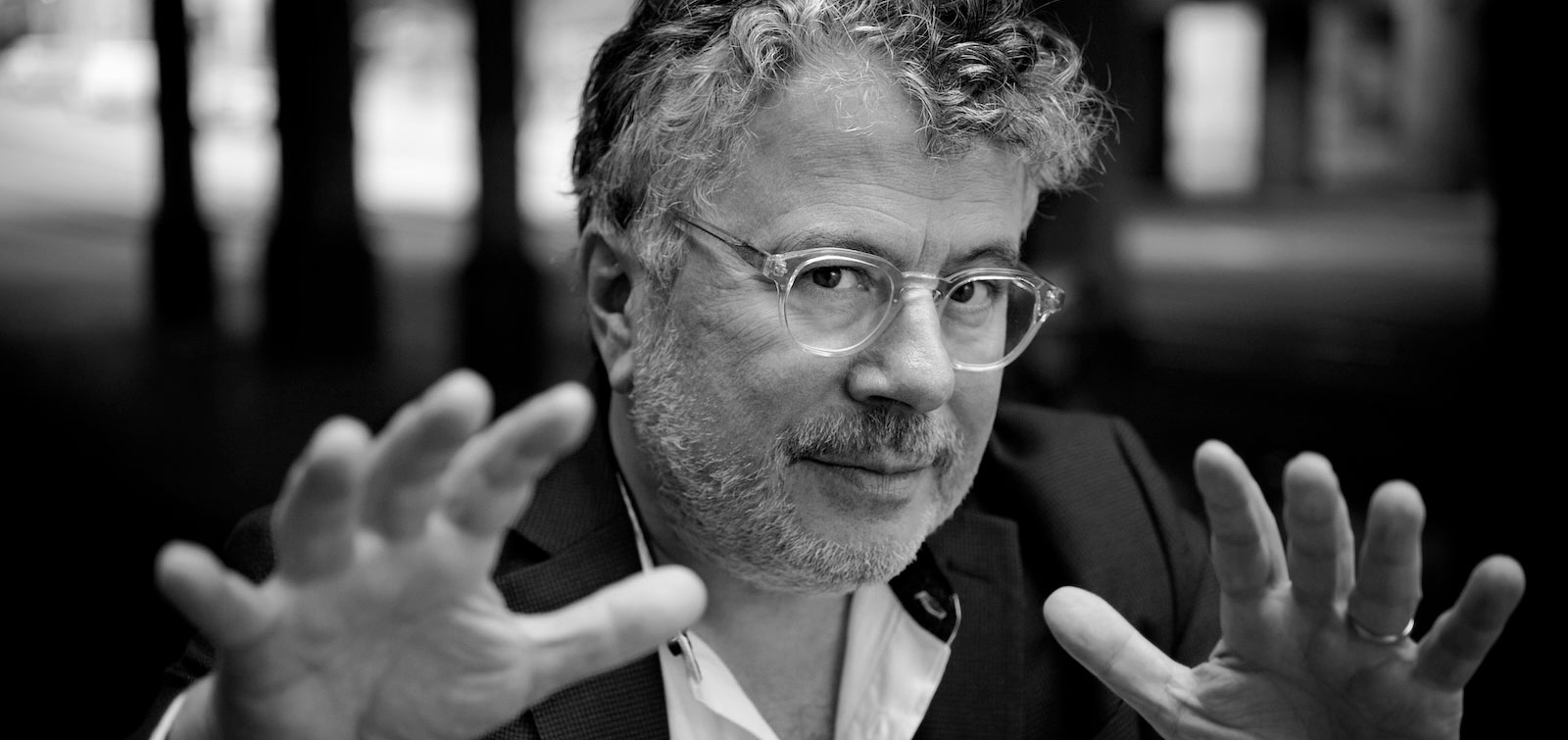


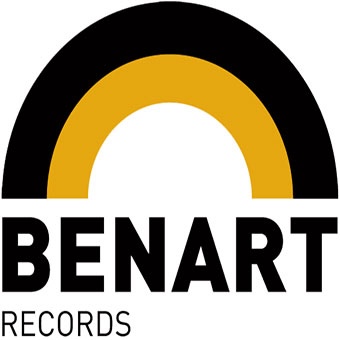
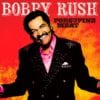

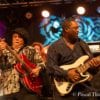
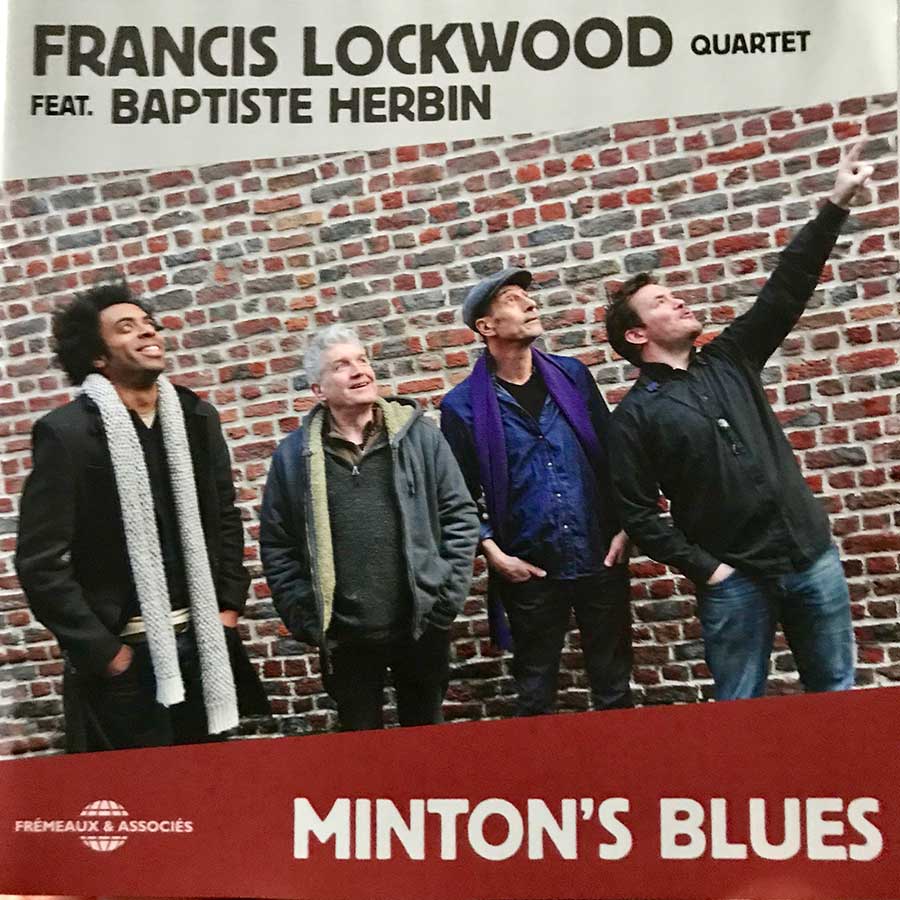

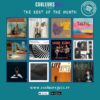
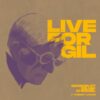

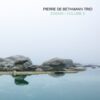
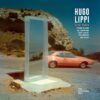
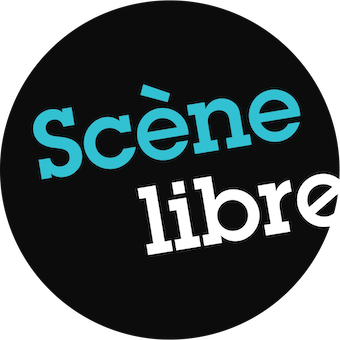
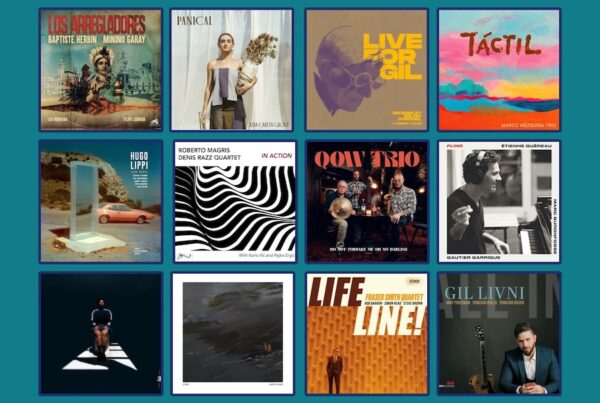
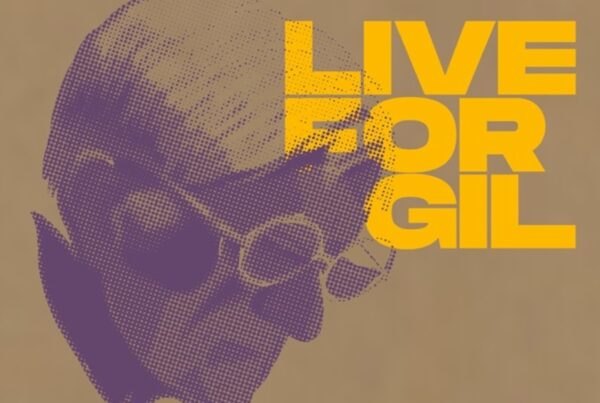
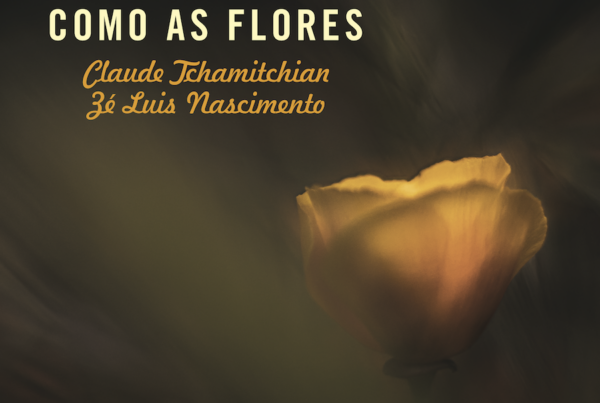


RECENT COMMENTS